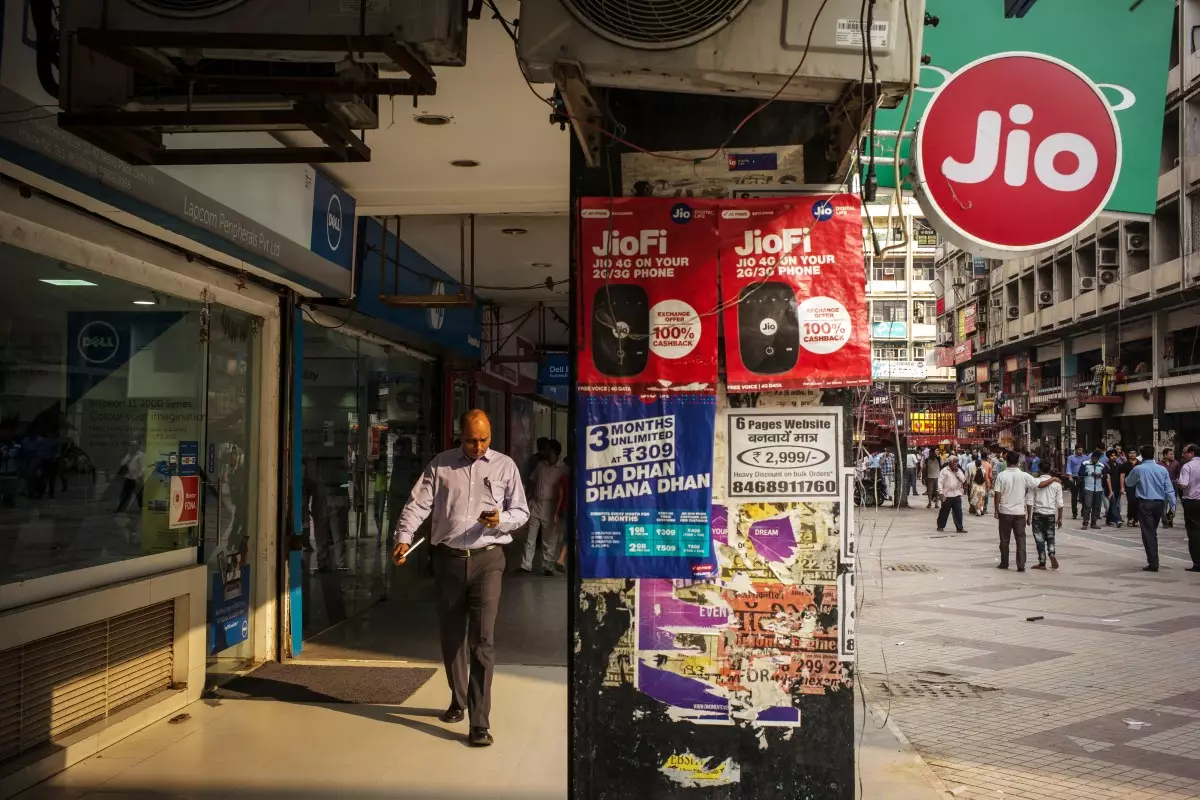In a significant turn of events, the Indian government has exerted its authority over virtual private network (VPN) applications, leading to the removal of several popular services from the Apple App Store and Google Play Store. This action, reportedly initiated by the Ministry of Home Affairs, has raised alarms among privacy advocates and users who have relied on these tools for safeguarding their online freedom. The censorship is not only a regulatory measure but symbolizes a broader scrutinization of digital tools used by millions in a country where internet access is a pivotal resource for communication, learning, and economic growth.
The removal of VPN applications, including widely utilized platforms such as Cloudflare’s 1.1.1.1, has sparked discussions about the implications of these takedown orders. Such decisions reflect a concentrated government effort to tighten control over digital privacy, posing questions regarding user trust and the future of internet security in India. The Indian Cyber Crime Coordination Center reportedly classified the apps as violators of local law, ultimately resulting in their exclusion from both major app stores. This situation highlights the complexities surrounding compliance with governmental directives while striving to maintain the privacy ethos that many VPN services represent.
The enforcement of these removals aligns with the Indian government’s 2022 regulatory framework for VPNs, a set of rules mandating VPN providers to keep extensive logs of user data. This includes personal identification details such as names and addresses, as well as digital traces like IP addresses and transaction histories, all to be preserved for a minimum duration of five years. Many VPN providers have expressed considerable dissatisfaction with these regulations, with leading companies like NordVPN and ExpressVPN announcing their reluctance to operate under such stringent requirements. The rules could fundamentally alter the operational landscape for VPN services, which historically thrive on promising anonymity and user privacy.
In light of these developments, several notable VPN providers are reevaluating their presence in India. While companies like NordVPN and ExpressVPN continue to offer services, they have ceased promotional activities within the country. This distinction reveals a potential compromise whereby users may still access VPNs, but the broader implications on marketing and service delivery cannot be ignored.
Furthermore, as regulations tighten, there is an evident risk that users may seek alternatives or find ways to circumvent these limitations, potentially leading to an increase in the underground market for VPN usage or less legitimate services that claim to protect privacy.
The actions taken by the Indian government spotlight the delicate balance between national security and individual freedoms in the digital age. As user control over personal information becomes a contentious issue, the road ahead for VPN services in India remains uncertain. The evolving regulatory environment calls for both stakeholders in the digital privacy space—including service providers, users, and policymakers—to engage in critical dialogue to ensure that the core principles of online freedom and security are not compromised in the face of increasing governmental regulations.

